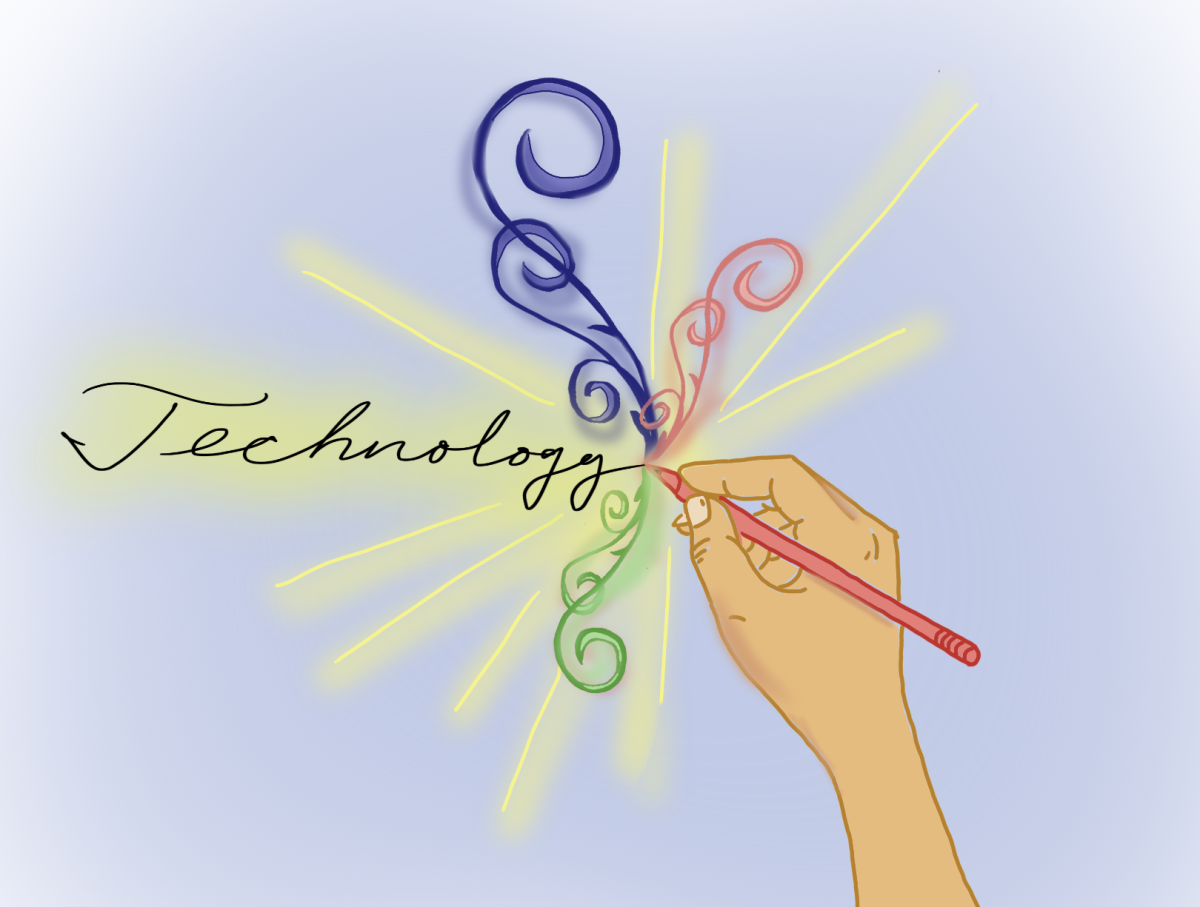Recently, I shaved my head, and while I was met with overwhelming positivity, I witnessed a lot of shock as well. I was asked why I did it countless times, sometimes out of sheer curiosity, but sometimes tainted with a tone akin to accusation. “Why would you shave your beautiful hair?” I was asked.
Looking back at history, I realized this shock came from years of placing a woman’s worth in her hair.
Women shaving their heads goes back to ancient times, starting in Africa, where Egyptians would shave their heads to cope with the heat and would cover their heads with wigs. This was a utilitarian practice by both genders.
Elsewhere, however, women with shaved heads were seen as symbols of shame and victims of punishment. It was common in Europe during the Dark Ages to shave the heads of women accused of adultery, according to the Guardian, which was the same punishment later used in World War II against French women accused of having relations with German soldiers. These practices were used to strip the women of their femininity.
Religiously, shearing a woman’s locks as punishment was also used. St. Rosa of Lima shaved her own head in an attempt to destroy her own beauty, according to the Encyclopedia Britannica, and was known for self-inflicted punishment out of devotion to God. Nuns at the House of Mercy, a reform school for rebellious women used in the 1890s, threatened misbehaving women with removing their hair, according to the New York Times.
While women who shave their heads are no longer symbols of shame, hair is still valued as a large factor in a woman’s beauty. This is seen in commercials, images of traditionally beautiful women, and even the stereotypical obsession with hair all women supposedly have.
A woman’s beauty is still viewed as a symbol of her worth, so actively removing her own hair is subconsciously seen as an act of cosmetic sabotage. Obviously, no one who was taken aback at my hair thought that I was trying to be ugly. However, the meaning behind the tone of the question does relate to our cultural value of hair. And, yes, the chop was surprising, but it would have been less surprising if I was male.
Our culture does value men’s hair as well. It is becoming more and more common for men to use as many styling products as women. But if a man shaved his head, it would be less dramatic than a woman doing so. While men do place beauty in hair, their worth is not based in attraction. Society sees beauty as one of women’s contributions to society, something to base importance on. Men are based on monetary worth, often, and skill. Shaved heads, with their many practical benefits, are not surprising for men, who have practical worth.
I shaved my head because I had wanted to for a long time, and because when I mentioned it to others, I was often met with bewilderment and a laugh telling me not to. I wanted to rebel against these people and society in general, but I held myself back because I was scared. What if I was uglier without hair?
I made the decision to shave my head because of this fear. I wanted to show myself that my worth is not in my beauty, and my beauty is not in my hair. As I took the razor to my own skull, I thought about the people in history who abused women through manipulating their hair, and felt the empowerment of my decision to have control of my own appearance despite ages of people stealing the power from women before me.








